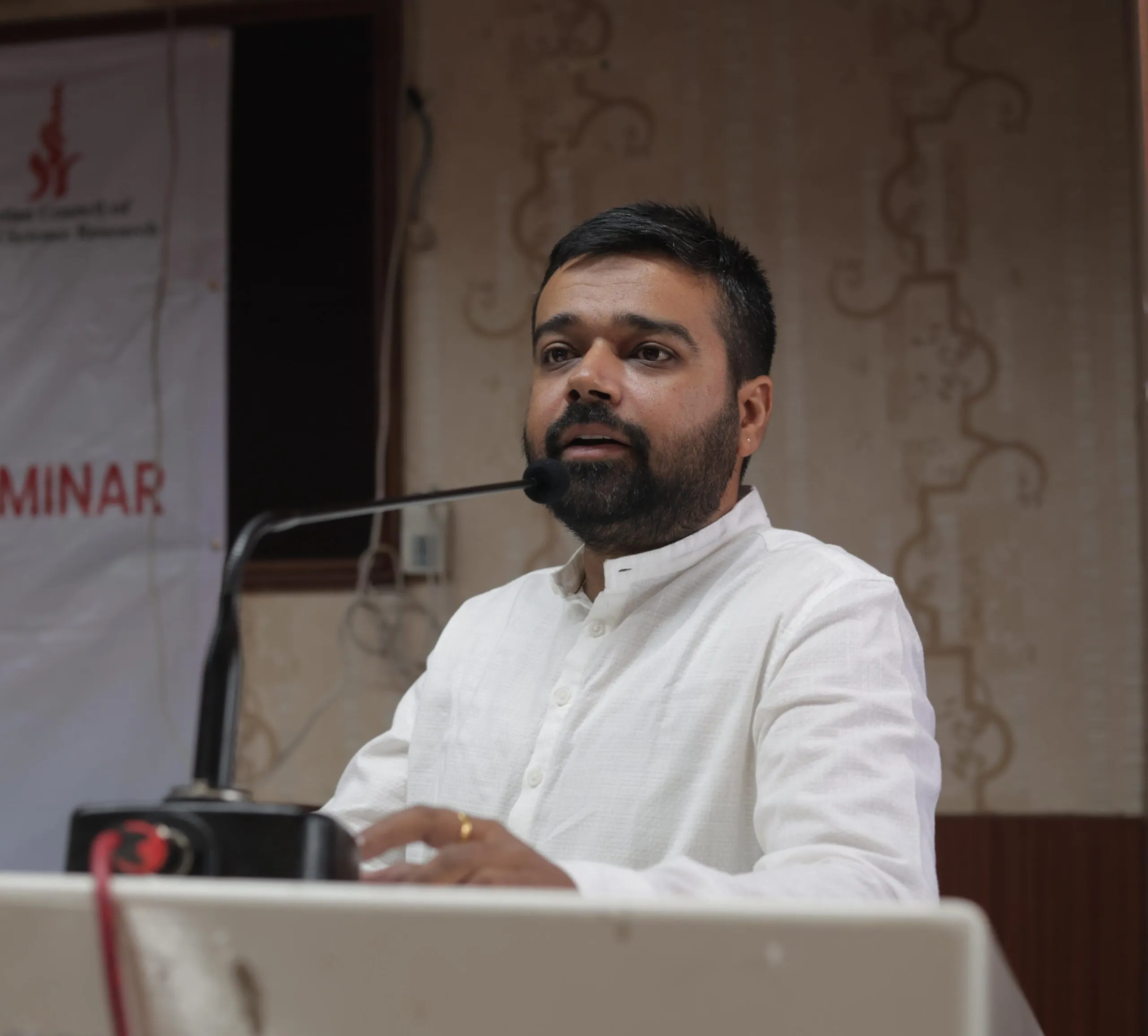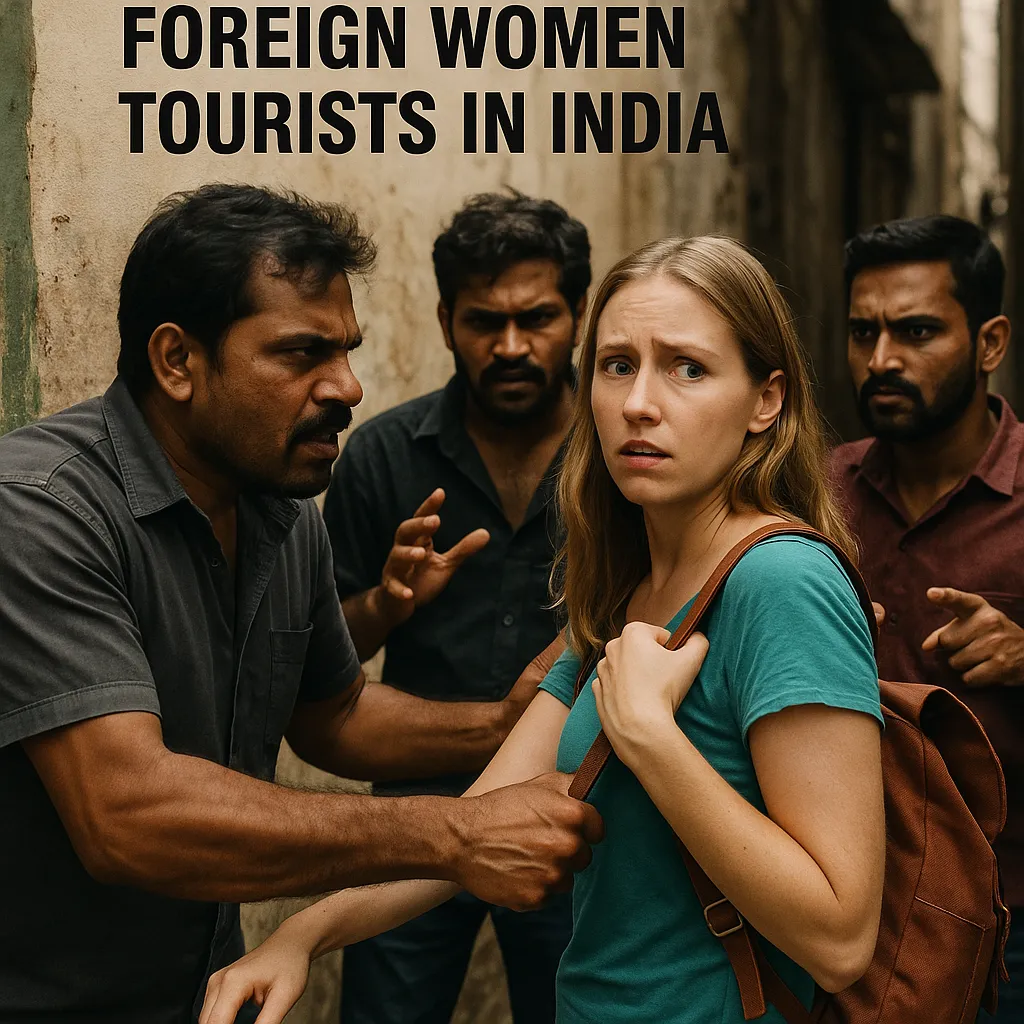
Ensuring Safe Public Transportation for Women
- Feb 09, 2025
- Reading Time : 6 mins read
Public transportation serves as a lifeline for millions of women worldwide, providing them with essential access to education, employment, and economic participation. A study by the European Commission on transportation habits across multiple countries confirmed that women rely more on public transit and walking compared to men. In India, particularly in major metropolitan areas like Delhi, Mumbai, and Bengaluru, women face severe threats while using public transport. Overcrowded buses and metro trains create an environment where perpetrators operate with impunity, exploiting the lack of surveillance and accountability.
A 2024 study published in the Journal of Transport Geography found that 17.5% of women surveyed had experienced at least four incidents of harassment while using public transport. More disturbingly, 8.6% reported serious offenses, including public masturbation and rape.
Many working women avoid public transportation altogether due to safety concerns, significantly affecting their career choices, economic independence, and quality of life. Women who do not have access to private transportation often find themselves in a vulnerable position, forced to choose between personal safety and professional advancement.
Countries worldwide have implemented various strategies to enhance women’s safety in public transport, yielding positive results. In Japan and Mexico, for instance, women-only train compartments and buses have reduced the risk of harassment. Other measures, such as panic buttons, emergency helplines, enhanced police presence at stations, and CCTV surveillance, have been instrumental in improving safety. The integration of technology through mobile applications allows women to report harassment in real time, access emergency assistance, and track their travel routes securely.
Ensuring women’s safety while travelling is not merely a matter of convenience — it is a fundamental human right. The Indian government and transportation authorities must act decisively to address this crisis. This includes enforcing strict laws with severe penalties for sexual harassment in public spaces, increasing investments in women-centric transportation infrastructure, and leveraging technology-driven solutions for real-time reporting and monitoring of harassment cases. Regular safety audits, public awareness campaigns, and gender-sensitivity training for transport personnel must become standard practices to create a safer commuting environment. A truly equitable society is one where every woman can step onto a bus or train with confidence, knowing that her safety is not at risk.

Dr Rohil is an accomplished academic and researcher, holding a Ph.D. in Political Science from Panjab University, Chandigarh, and bring over five years of experience in teaching, research, and academic administration. Read more
Social Scholars is an online magazine featuring premium articles and posts in English and Hindi, focusing on social issues and news briefs. Share your perspectives and be part of an informed dialogue.
📩 Send your articles to:[email protected]
Leave a Comment
Categories
All
Books
Environment
Health
Bharat
History
Politics
Economy
Society
Science & Technology
Policy
World
News & Opinion
IKS
Defence
Panjab
Special Report



